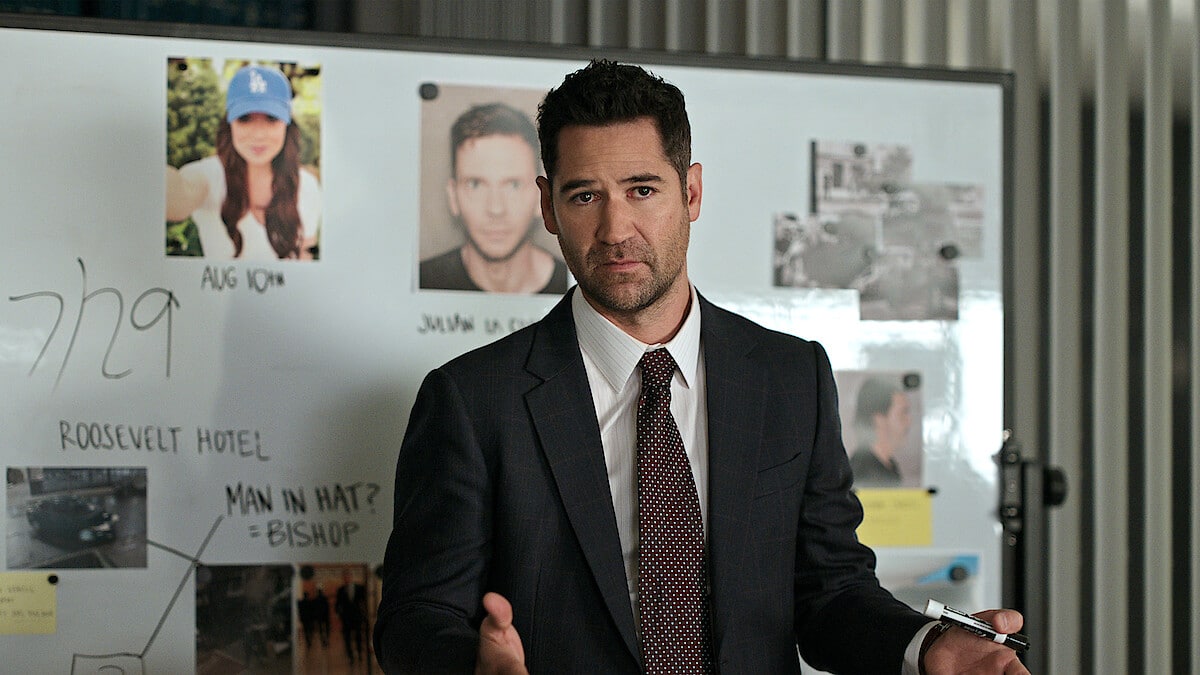With the world around us changing rapidly, uncertainty is inescapable. We feel it in both our personal and professional lives. And while previous generations have experienced periods of profound uncertainty, the scale, pace and complexity of the changes in today’s world mark a radical ‘step change’ in our comfort when it comes to making decisions.
That’s according to “Seizing Uncertainty,” a new study by HSBC and Professor David Tuckett, Academic Advisor and Director of the Centre for the Study of Decision-Making Uncertainty at UCL. By building upon a framework of Conviction Narrative Theory, HSBC and Professor Tuckett have developed a study that looks to deepen our understanding of the decision making process. The aim is to establish a means by which we can make better decisions in the face of uncertainty.
Drawing on the experiences of more than 17,000 people around the world, the study proposes a model that breaks down the anatomy of a good decision-making process. It argues that in addition to a strong methodology for decision-making, we must also establish an appropriate mindset. Consciousness of our mental state and understanding how it might influence our ability to make big decisions becomes a vital step in the process.
As Professor Tuckett noted in an interview, “The whole point about uncertainty is we don’t know if the decision we’re making is going to be mistaken or not. So if you are too worried about failure, you very likely will pass up opportunities.” It becomes crucial then to approach our decisions with optimism about the outcome, a willingness to fail, and an openness to change.
When applied to a strong methodology for decision-making, this optimised mindset can allow us to produce well-founded confidence around the decisions we make. This confidence, in turn, can be cumulative; the more we can hone good decision-making habits to make effective decisions, the more effective our decisions are likely to be in the future.
As Professor Tuckett puts it, “Essentially the trick that is played is to say, how do people get over uncertainty? Well, they become certain in an appropriate way, right? But it’s not the same way as in standard decision theory, where you become certain by doing the calculations and getting the probability.”
Good decision-making is learned, not born. While we cannot predict or control the outcomes of the decisions we make, we can try to control how we make those decisions.

















